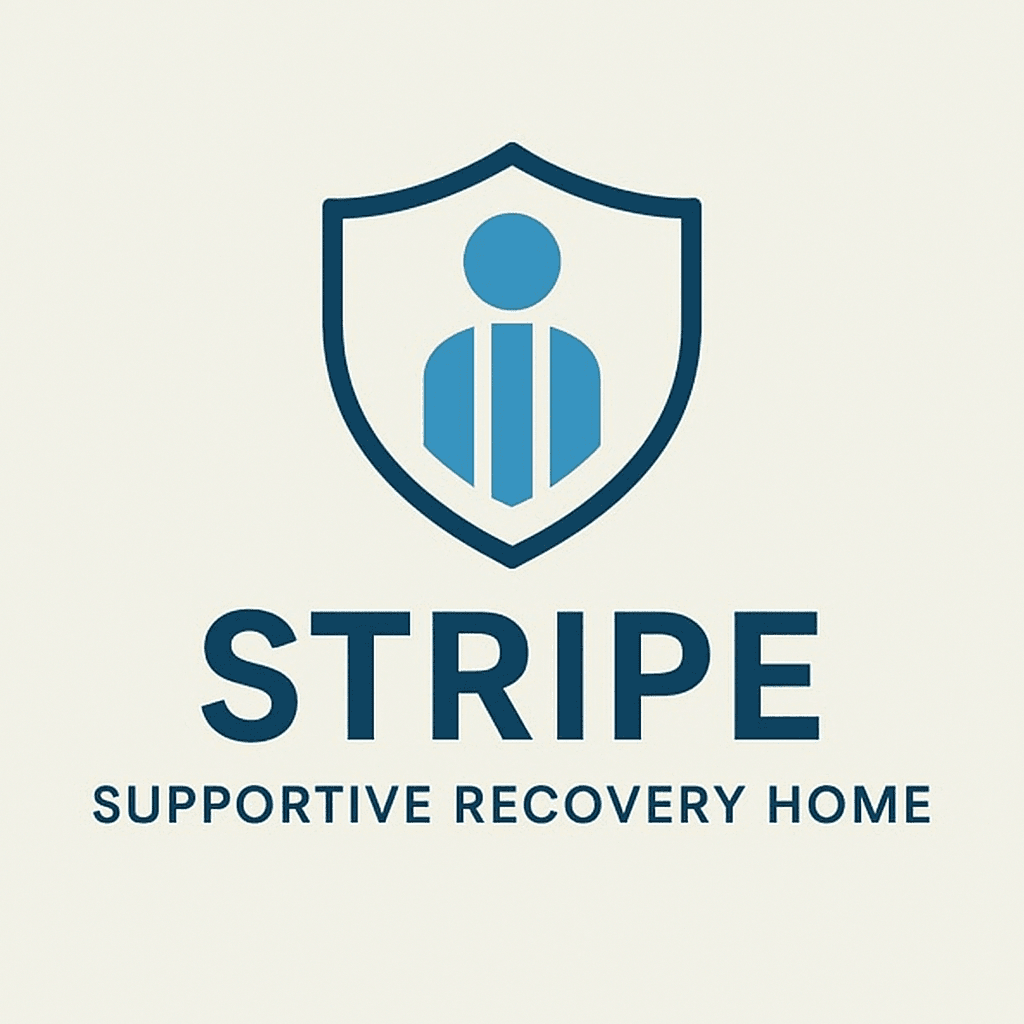Navigating the Transition: Tips for Moving from Rehab to Sober Living Homes
Understanding the Transition
Making the move from a rehabilitation center to a sober living home can be both an exciting and challenging experience. It's a significant step in the recovery journey, offering increased independence while still providing a structured environment. Understanding the dynamics of this transition can help individuals prepare mentally and emotionally for this new chapter.

Rehabilitation centers often offer intensive support and medical supervision, creating a safe haven for individuals in early recovery. However, a sober living home provides an opportunity to start integrating back into everyday life with fewer restrictions. This shift requires adapting to new routines and responsibilities, which can be daunting but also empowering.
Setting Realistic Expectations
One of the first steps in successfully transitioning to a sober living home is to set realistic expectations. It's important to acknowledge that sobriety is an ongoing process, not a destination. Individuals should embrace patience and persistence as they navigate this change.
Sober living homes typically require residents to adhere to house rules, such as maintaining cleanliness, attending house meetings, and participating in support groups. Understanding and respecting these guidelines will help promote a harmonious living environment.

Building a Support Network
Having a strong support network is crucial during this transition. Engaging with peers in the sober living community can provide encouragement and accountability. Additionally, maintaining connections with counselors and therapists from the rehab center can offer continued guidance and support.
Family and friends also play a vital role in this phase of recovery. Open communication with loved ones can help rebuild trust and strengthen relationships, which is essential for long-term sobriety.
Developing Healthy Habits
Establishing healthy habits is key to thriving in a sober living environment. Daily routines that include exercise, balanced nutrition, and adequate sleep contribute to overall well-being and mental clarity. These habits not only support sobriety but also enhance quality of life.

Incorporating mindfulness practices such as meditation or yoga can further aid in stress management and emotional regulation. These practices can serve as powerful tools for handling triggers and preventing relapse.
Engaging in Meaningful Activities
Filling time with meaningful activities can significantly impact one’s recovery journey. Pursuing hobbies, volunteering, or even taking up part-time employment can provide a sense of purpose and fulfillment. These activities encourage growth and help develop new skills that can be beneficial beyond the sobriety journey.
Additionally, engaging in activities that align with personal interests can foster connections with others who share similar passions, further expanding one’s support network.
Embracing the Journey
The transition from rehab to a sober living home is an integral part of the recovery process. By setting realistic expectations, building a solid support network, developing healthy habits, and engaging in meaningful activities, individuals can navigate this transition successfully.

Ultimately, embracing this journey with an open mind and heart can lead to lasting sobriety and a fulfilling life. With determination and resilience, individuals can thrive in their new environment, paving the way for a brighter future.
